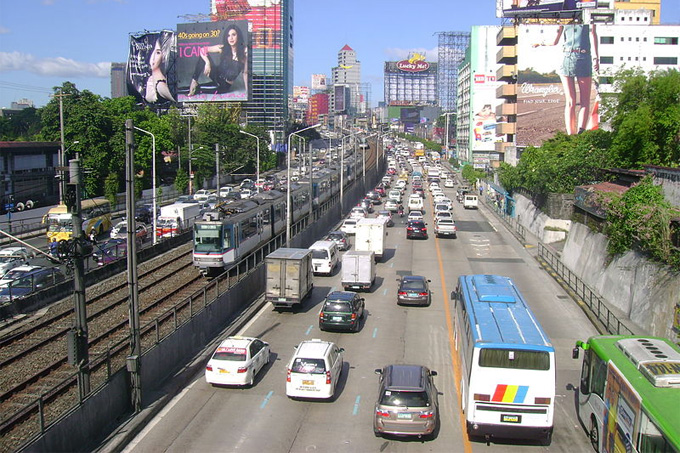News
For the country’s worsening traffic: Transportation chief sees solution in build-operate-transfer scheme
LAPU-LAPU CITY, Cebu – The Philippine government now has an answer to the worsening traffic congestion in the country: the build-operate-transfer (BOT) scheme.
Transportation Secretary Joseph Abaya revealed this on Thursday in the sidelines of the Asia-Pacific Economic Cooperation (APEC) Transportation Ministerial Meeting being held here.
According to Secretary Abaya, the lack of investment in infrastructure and the development of roads in the past years have contributed to the worsening traffic condition not only in the capital city but also in other major cities including Cebu and Davao.
The transportation chief noted that infrastructure was not a priority during the past decades.
“Compared to other countries and cities, Manila has no investment for infrastructure,” he said in an interview with reporters covering the APEC meeting.
“It was simply not a priority.”
However, Abaya maintained that the present government will prioritize the mass transit system and will continue to be committed to work with APEC member-economies in ensuring the mobility of people, goods and products.
In Metro Manila, Abaya said the government is looking at the extension of the light railway transit (LRT) system that traverse the length of traffic-infested EDSA.
“If this will work, then it will be an efficient, orderly and competitive vehicle mode of transportation,” he said.
The Transportation Secretary noted that Cebu will be the first in the Visayas region to have a mass transit system in 2017 with the French government assisting in its funding.
Davao’s mass transit, on the other hand, will be funded by Asian Development Bank (ADB).
“We should invest and develop our mass transport system”, he said.
In terms of those who will be affected by the BOT, Abaya said the government has been talking to the bus and jeepney drivers about this, and encouraging them to either train as drivers of the mass transit or look for alternative route for their jeepneys.
For example in Cebu, Abaya said major roads will give priority to the mass transit system and re-route those who will be affected.
He noted that the APEC transportation ministerial meeting will help member economies learn from each other’s experiences.
Citing the example of Uber and Grab taxis, Abaya said it is only in the Philippines that they have a legal framework to justify its formation.
“The same legal framework is not even present in other countries like the USA. And they are looking at us for that experience,” he said.






















